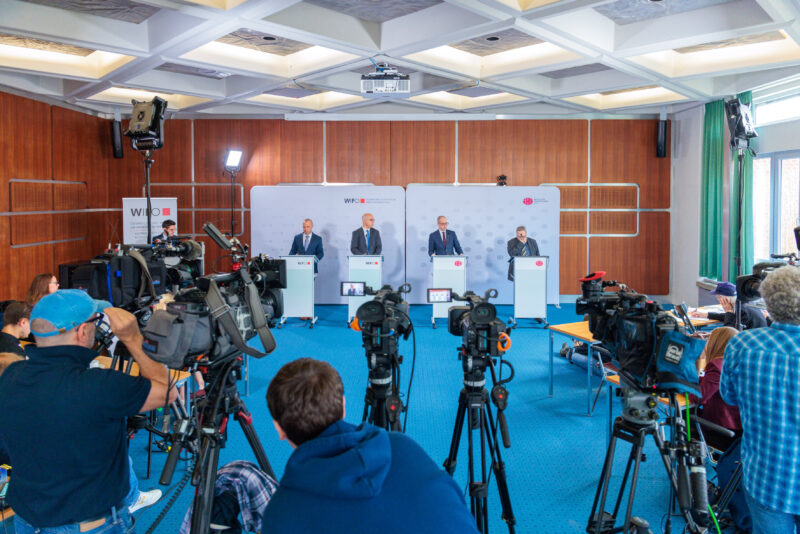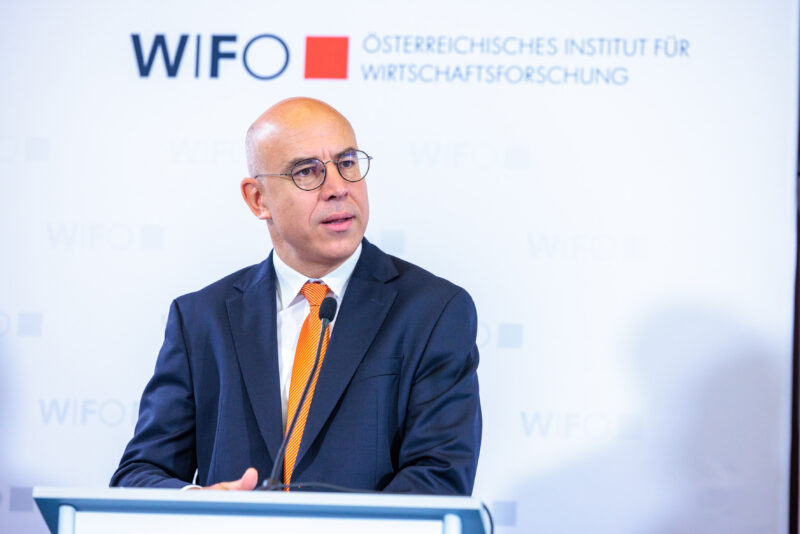
Restrained Business Trend in the Retail Trade
"At the beginning of 2023, the retail sector was characterised by a decline in sales in real terms. However, the business expectations of retailers have recently improved again," says WIFO economist Jürgen Bierbaumer.
In line with the international economic slowdown, the domestic economy also cooled down further recently. The latest estimate of the Weekly WIFO Economic Index (WWWI) of 21 March 2023 shows that year-on-year GDP growth weakened further in the first weeks of 2023. The development of real private consumption by households also shows a slowdown in momentum for both February and the first half of March. Likewise, gross value added in the retail sector remained below the year-earlier level in January and February as well as in early March.
After a strong retail sales performance in November and December 2022 (base effect of health policy restrictions in 2021), business was worse in January (nominally +7.3 percent, real –3.3 percent) and February 2023 (nominally +6.3 percent, real –4.0 percent) – especially in the non-food sector (except fuel).
In the latest WIFO-Konjunkturtest (business cycle survey), sentiment in the retail sector was also more subdued in March. While current situation assessments have recently declined, business expectations have improved.
In a mirror image, the consumer confidence indicator has also lost momentum recently. Assessments of changes in the household's financial situation over the past 12 months and the level of spending on major purchases over the next 12 months have deteriorated.
After the increase in consumer prices in January and February 2023 amounted to around 11 percent, inflation fell to 9.2 percent in March. However, the price increase is still at a high level and significantly above the average for the euro area (6.9 percent).
The household savings rate fell to 8.8 percent in 2022, is expected to remain at a similar level in 2023 and rise again in 2024.
The stock of unfilled vacancies in the retail sector remains high, but it is already lower than in the same month a year earlier. Currently, more than 13,800 vacancies (overall economy 112,684) cannot be filled promptly.
Publications
Please contact


















